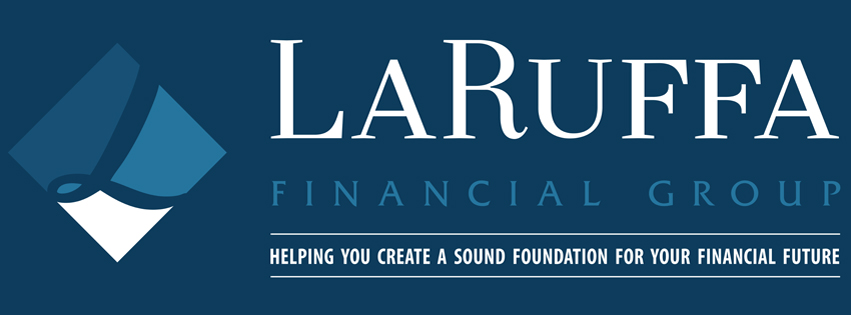At some
point, everyone’s made a decision with the best intentions, only to have things
go differently than they planned. Because nobody can predict how the markets
will behave, investments can sometimes fall into this category.
We believe individuals
should create a financial strategy that’s designed to help them work toward their
financial objectives, but at the same time speak to their values, and reflect
their risk tolerance and timeline for retirement.
With that
being said, we live in a world economy where an economic or political blip on
the other side of the globe can impact our financial situation.1 This
can make it difficult for money managers, business leaders and politicians to agree
on decisions that will lead to the most positive impact for the greatest number
of people.
Inevitably,
it seems, someone is left out or disadvantaged. In some other instances, the
whole effort is undermined, and the only takeaway are the lessons learned from
the shortcomings. For example, the 2010 Dodd-Frank Wall Street
Reform and Consumer Protection Act comprised more than 2,300 pages of
comprehensive reform proposals to help safeguard America’s financial system.2
However,
now six years down the road, much of the law is still not implemented. As of
July 2015, only 63 percent of rules had been finalized, while about 20 percent
had missed deadlines, the majority of which concern derivatives and mortgage
reforms.3
One
lesson here is that sometimes trying to do too much results in too little. We
might do well to create overarching goals but carve out shorter-term and more
easily achievable solutions.
1 Christopher S. Rugaber. The Globe and Mail. Aug. 14, 2016. “U.S.
economy grew at tepid 1.1% pace in spring.” http://www.theglobeandmail.com/report-on-business/international-business/us-business/us-growth-revised-down-for-second-quarter-consumer-spending-raised/article31570816/
. Accessed Aug. 25, 2016.
2 David Arthur Skeel. Wharton Public Policy. December 2015. “Five
Years after Dodd-Frank: Unintended Consequences and Room for Improvement.” https://publicpolicy.wharton.upenn.edu/issue-brief/v3n10.php#section2.
Accessed Aug. 25, 2016.
3 Ibid.
Content prepared by Kara Stefan Communications.
We
are an independent firm helping individuals create retirement strategies using
a variety of insurance and investment products to custom suit their needs and
objectives. This material is intended to provide general information to help
you understand basic financial planning strategies and should not be construed
as financial advice. All investments are subject to risk including the complete
loss of principal. No investment strategy can guarantee a profit or protect
against loss in periods of declining values.
The
information contained in this material is believed to be reliable, but accuracy
and completeness cannot be guaranteed; it is not intended to be used as the
sole basis for financial decisions. If you are unable to access any of the news
articles and sources through the links provided in this text, please contact us
to request a copy of the desired reference.
Investment
Advisory Services offered through Global Financial Private Capital, LLC, an SEC
Registered Investment Advisor.
AE09165117C
